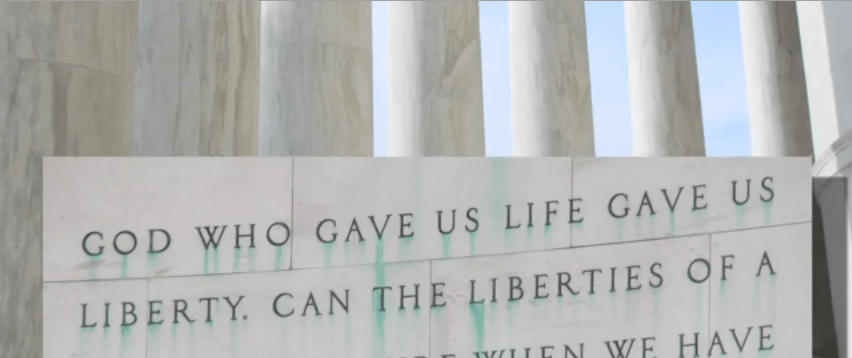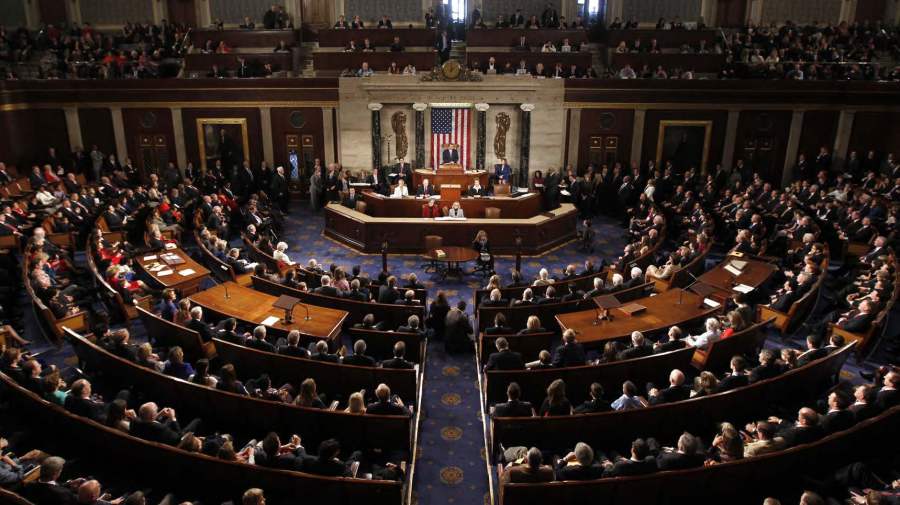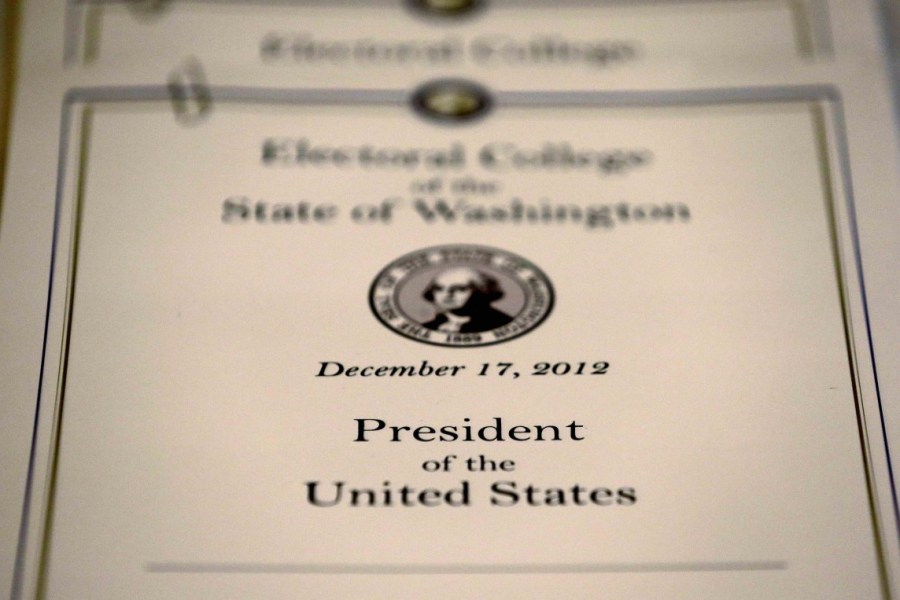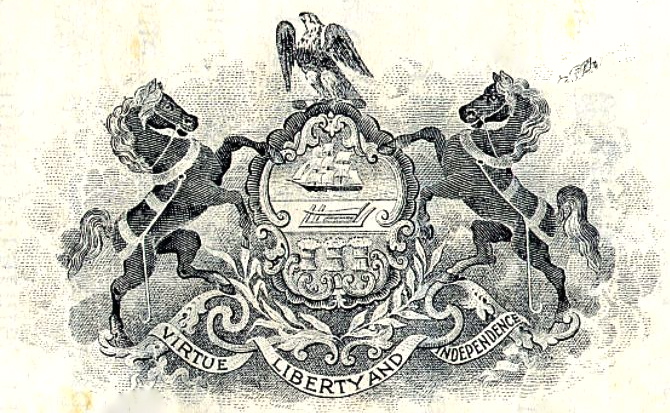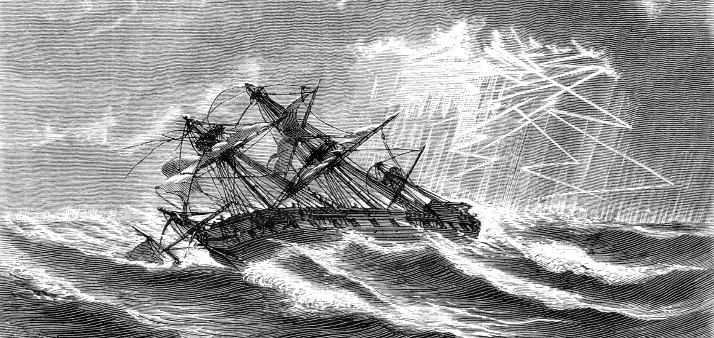Reflecting on the death of Queen Elizabeth II, and the accession of King Charles III, consider the words of C.S. Lewis on monarchy:
“Monarchy can easily be ‘debunked,’ but watch the faces, mark well the accents of the debunkers. These are the men whose taproot in Eden has been cut—whom no rumor of the polyphony, the dance, can reach—men to whom pebbles laid in a row are more beautiful than an arch. Yet even if they desire mere equality they cannot reach it. Where men are forbidden to honor a king they honor millionaires, athletes, or film-stars instead—even famous prostitutes or gangsters. For spiritual nature, like bodily nature, will be served—deny it food and it will gobble poison.”
C.S. Lewis, “Equality,” included in Present Concerns: Essays (Chicago: Thomas J. Joyce and Company, 1960; first American edition).



